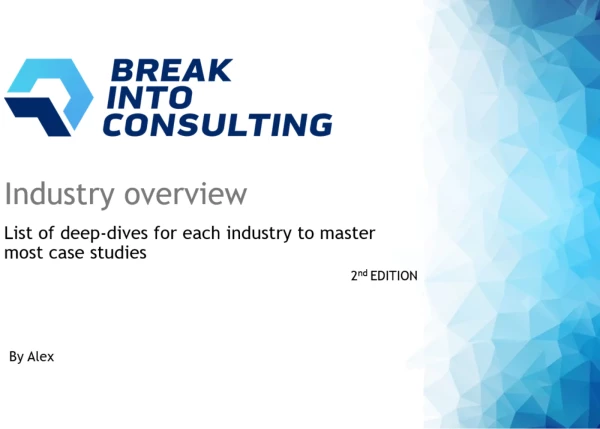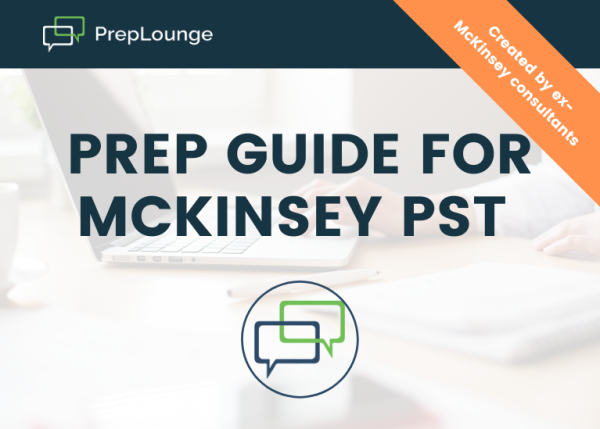I'm preparing for case interviews and I feel like I'm not improving. Last year I interviewed for MBB, and I bombed all my first round interviews. Before those interviews, I did 30+ live practice cases on Prep Lounge. I used Victor Cheng's video tutorials and LOMS. And I skimmed through Case In Point. And I still sucked in the real interviews. I just feel really slow during the cases, it takes me a long time to think of questions to ask, and I don't feel like I reach the insight needed to get the answer.
This time around, I've skimmed again through Case In Point, and developed my own framework. I've read through the practice cases in CiP and I feel like in a real case there would be no way I could digest so much info at once. And I still feel like I really suck at cases and I'm not improving.
I guess I am looking for advice? On how to actually improve? I feel like nothing is helping, even when I did live cases last year on PrepLounge I didn't feel like I was improving.
Thank you in advance!!
(edited)
















